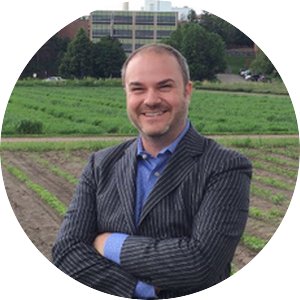Biography
I bring relevant disciplinary depth and breadth across natural resource management, ecology and economics to develop and lead innovative interdisciplinary applied research, teaching, and outreach efforts. As a self-described “Academic-Practitioner” of Sustainability Science, I work within and outside the academy on designing, evaluating and communicating the value of corporate and public sustainability “theories of change” for improving environmental, social and economic outcomes. I am a respected advisor on these topics and work closely with many Fortune 500 companies on corporate sustainability and global and regional government and non-governmental organizations. I care deeply about democratizing scientific research and work closely with communication professionals across sectors and with journalism professionals to strategically translate and amplify my research findings to diverse audiences.
Previously, I served as a Lead Scientist working at the interface of private sector engagement and conservation initiatives at World Wildlife Fund (WWF). With offices in over 100 counties and its deep influence on the public and private sectors local, my experience at WWF taught me how to co-develop and communicate scientific research when under “real world” pressures to inform organizational policies to solve sustainability challenges. By practice I learned the value of and how to navigate within the “fuzzy line” between maintaining both scientific rigor and relevance.
A principle goal for my new position at the University of Minnesota is to work with faculty, students at the University and through our partnership with the Natural Capital Project to develop and conduct applied research to understand how society and business can meet food, fiber and fuel demand while minimizing environmental impacts contributing to climate change, water scarcity, eutrophication and loss of biodiversity. Within this broad aim, a key goal of mine will be to improve understanding of how regulatory programs and voluntary sustainability standards can help mitigate risk and improve private and public sector decisions about their sourcing and purchasing strategies. Outputs will include evaluating and communicating the sustainability-related risks and mitigation opportunities in agricultural commodity production as it relates to alternative market-based and regulatory mechanisms for promoting sustainable land use, in collaboration with producers and the corporate, finance, and public sectors.

